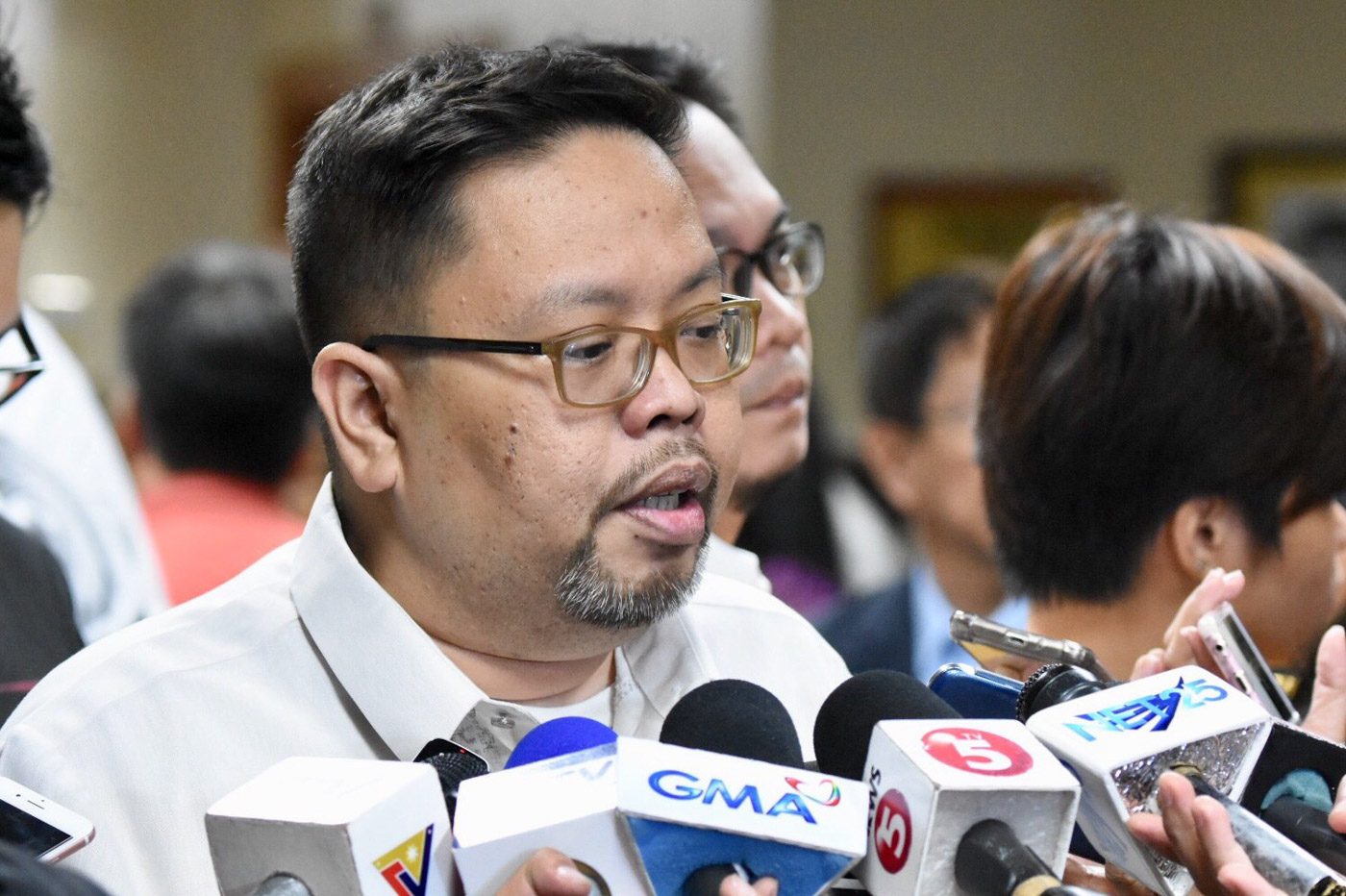SUMMARY
This is AI generated summarization, which may have errors. For context, always refer to the full article.

MANILA, Philippines – Security is the “main concern” in part two of the Bangsamoro plebiscite on Wednesday, February 6, after the recent bombings in the southern Philippines, said Commission on Elections (Comelec) Spokesman James Jimenez.
“Security is really the main concern. There’s a lot of worry that the situation in Jolo will spill over to Lanao del Norte and North Cotabato,” Jimenez said in an interview with Rappler.
The Comelec spokesman was referring to the twin blasts at the Jolo Cathedral on January 27 that killed at least 23 people and injured 109 others. Three days after the Jolo bombing, a mosque blast in Zamboanga City also killed at least two people.
Jimenez said the Philippine National Police is “very well aware of this possibility” of a spillover of violence, and has implemented “increased visibility” in the plebiscite areas.
“We’re hopeful that the elections will go off without a hitch,” Jimenez said.
Part two of the Bangsamoro plebiscite on Wednesday aims to ask the plebiscite areas – Lanao del Norte (except Iligan City) and North Cotabato – if they want to join the Bangsamoro Autonomous Region in Muslim Mindanao or BARMM. (READ: Most youth in Lanao del Norte, North Cotabato favor BARMM inclusion)
Part one of the Bangsamoro plebiscite, which was held on January 21, ended with voters ratifying the Bangsamoro Organic Law that creates the BARMM.
“The Comelec’s function is really to just tally the voice of the people in this regard. It’s not about ratification anymore. It’s simply about whether or not they want to join the Bangsamoro,” Jimenez said.
The Comelec chairman and commissioners based in Manila, sitting as the National Plebiscite Board of Canvassers, will canvass the final results of this plebiscite. Jimenez said the Comelec expects the canvassing “to be even faster” because the plebiscite involves only two areas, “and they are all by definition contiguous areas, so it’s not gonna be much of a challenge in this case.”
“It’s manual, the questions are simple – it’s just a yes or a no – and the area to be covered is pretty compact. In terms of getting the canvassing done, it should probably be very easy,” Jimenez said.
Jimenez earlier said the Bangsamoro plebiscite on January 21 was “very peaceful” despite delays that affected around 8,000 voters in 24 polling precincts. The international community hailed the peaceful conduct of the January 21 plebiscite. – Rappler.com
Add a comment
How does this make you feel?
There are no comments yet. Add your comment to start the conversation.